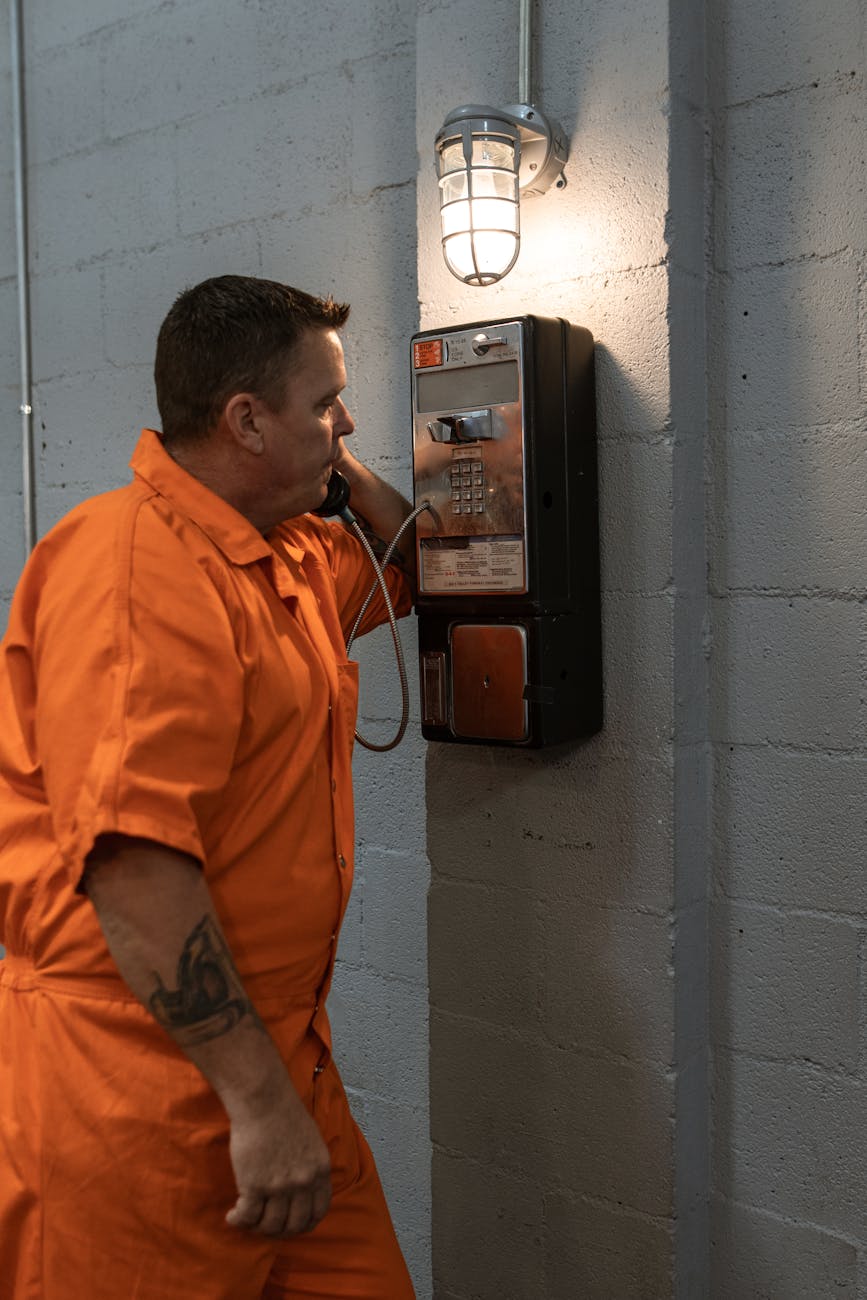Federal Immigration Agents Conduct Raids in West Chicago
In a series of immigration enforcement actions, federal agents swept through West Chicago, apprehending up to 16 individuals connected to immigration violations. These operations are not isolated incidents but part of a broader strategy to crack down on undocumented residents in communities nationwide. The enforcement actions also extended to the West Side courthouse, where two additional people were taken into custody, illustrating the aggressive stance these agencies are adopting in urban areas. The recent raids underscore an escalating approach to immigration enforcement that has left many residents feeling vulnerable and uncertain about their legal standing.
Details of the Arrests
Reports indicate that the arrests were made in various locations throughout the suburb, showcasing a systematic approach to identifying and detaining individuals deemed in violation of immigration laws. Witnesses reported seeing agents moving swiftly and assertively, emphasizing their intent to apprehend as many individuals as possible in a short time frame. The operation’s timing and location raise questions about the impact on community trust, particularly regarding interactions with local law enforcement. Many citizens are left wondering how these raids affect their safety and their rights, as the presence of federal agents can create a climate of fear among immigrants and their families.
Reactions from the Community
Local communities are reacting with a mix of concern and resistance. Advocacy groups are mobilizing to provide support and legal assistance to those apprehended. Many community members are expressing their fears of being targeted simply for their immigration status. This is not just a matter of legal concern; it also strikes at the emotional core of families who fear being separated. The courthouse arrests highlight a particularly contentious issue, as many view this as an infringement on the judicial process, making it harder for individuals to seek justice without the looming threat of deportation. The courthouse, a place meant for seeking legal remedy, has turned into a site of anxiety and dread for those who might interact with the system.
The Broader Implication of Immigration Raids
As these operations continue, the wider implications for the community and local law enforcement remain to be seen. The raids have sparked a conversation about the balance between enforcing immigration laws and protecting the rights of individuals, regardless of their status. Local law enforcement agencies, already strained by limited resources, are now faced with the additional challenge of maintaining community relations amidst federal enforcement actions that may erode trust. The fear among residents can lead to a reluctance to report crimes or seek help, ultimately compromising public safety.
Moreover, these raids are not just about the individuals apprehended; they represent a broader narrative about immigration in America. They raise questions about the treatment of immigrants and how policies affect real lives. Advocacy groups are gearing up for a fight, aiming to challenge these actions both legally and socially. Their efforts include awareness campaigns, legal clinics, and community meetings designed to educate residents about their rights and the resources available to them.
What’s Next?
The ongoing situation demands a response from various stakeholders, including community leaders, law enforcement, and policy makers. Organizations that support immigrants are gearing up to provide resources and assistance to those impacted by these raids. There’s a growing conversation about how local communities can respond effectively, not just to protect their residents but to stand up against what many perceive as overreach by federal agencies. This is not merely a legal battle; it’s a fight for the dignity and humanity of individuals caught in the system.
Questions
How do these raids affect the trust between immigrant communities and law enforcement?
What legal resources are available for those detained during these operations?
How can local communities respond to support individuals impacted by these raids?




